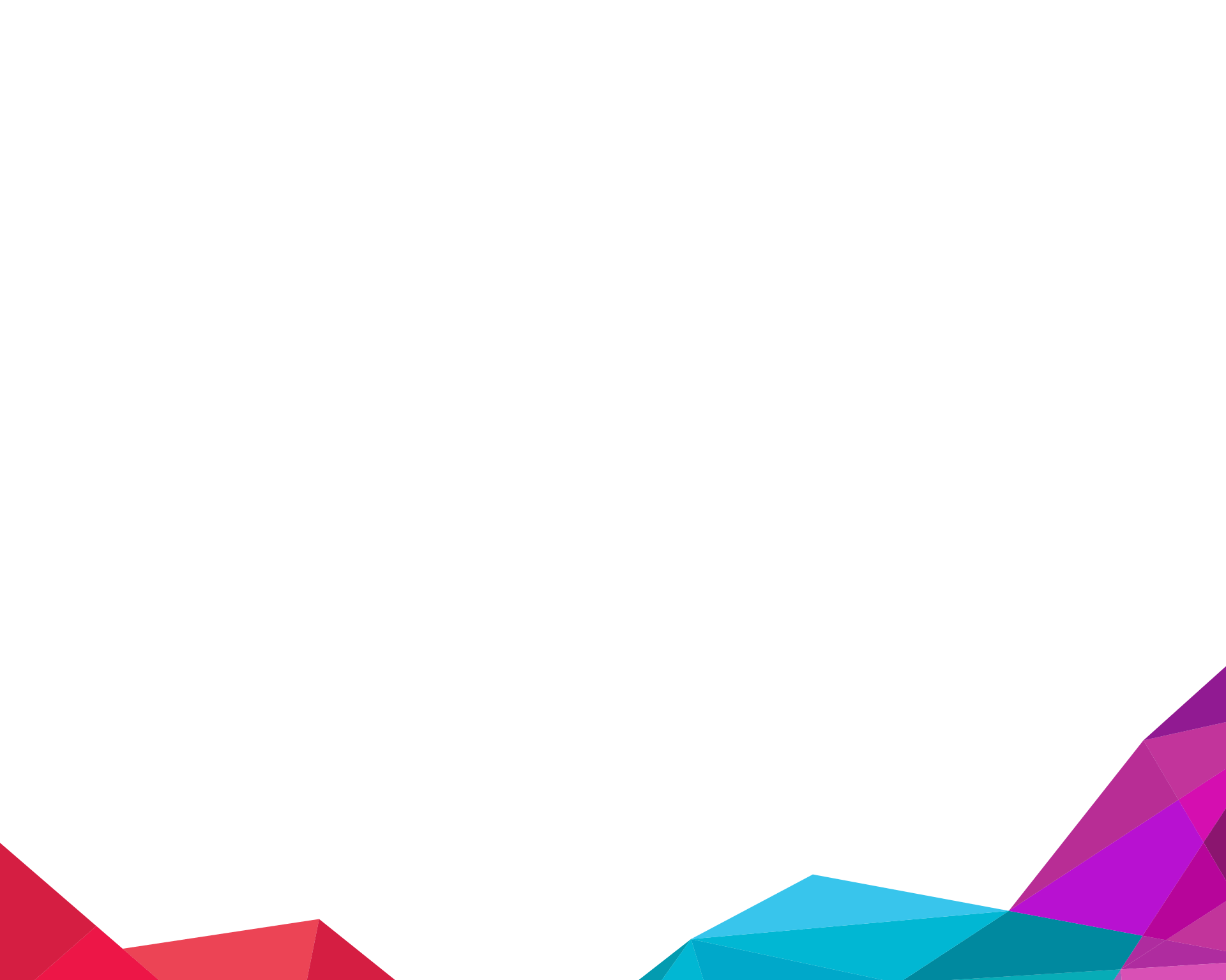
Diana Montalion
She/Her
Biography
If you've read The Economist, donated to Wikipedia, or contributed to The World Monuments Fund, you've interacted with systems that Diana helped to architect.
Diana has 18+ years experience delivering initiatives to clients including Stanford, The Gates Foundation, World Monuments Fund and Teach For All. She has served as principal systems architect for The Economist and The Wikimedia Foundation. Diana is founder of Mentrix, designing technology systems and teaching workshops on systems thinking. She is the author of the upcoming O'Reilly book “Learning Systems Thinking: Essential Non-linear Skills and Practices for Software Professionals.".
Previous events
NewCrafts Paris 2024
Don't Hit the Iceberg
talk
Systems experts have taught us how to improve our software systems:
- Peter Senge has demonstrated that we blame the wrong things (events, situations or processes) for our systemic problems.
- W. Edwards Deming says that 94% of the time, the system is to blame for performance issues, not the individual parts of the system.
- Jay Forrester discovered counterintuitiveness: most organizations “fix” systemic problems by inadvertently making them worse.
- Donella Meadows said, “We'll go down in history as the first society that wouldn't save itself because it wasn't cost-effective.”
As relational complexity increases, we need to think in systems. I don't just mean adopt Kubernetes. Technology systems are always, also, people systems. Without systems thinking, nothing is transformed. As Robert Pirsig said,
"If a factory is torn down but the rationality which produced it is left standing, then that rationality will simply produce another factory."
The Iceberg Model helps understand "the rationality that produced" our current situation. As a software professional, you can use it whenever you want to understand the root cause of a system challenge.
Using the iceberg model is deceptively simple. Avoiding the iceberg ... takes committed practice.
NewCrafts Paris 2023
Writing as Thinking (and Learning and Leading)
hands-on
As technologists, we craft knowledge. We weave other people’s thinking and experiences into our own. We solve problems. We construct valuable recommendations and improve them through communication.
We envision what is not yet visible and bring it to life.
We also get lost in the forest of disparate opinions. We go down promising paths and discover dead ends. When we do discover a viable path … almost nobody follows us .
We are sometimes screaming into the wind.
Constructing something whole and actionable from abstract ideas requires creating conceptual integrity. Unfortunately, we are truly terrible at creating or maintaining conceptual integrity … unless we are supported by practices.
Fortunately, writing is the practice of crafting conceptual integrity.
Writing practices can help us:
- strengthen metacognition: awareness of our own thought process.
- synthesize knowledge, experience and sound judgment into well-reasoned recommendations.
- learn.
- navigate uncertainty through inquiry.
- think well, together.
Thinking well together generates better outcomes. And makes daily life more enjoyable for everyone. When people cooperatively strengthen their thinking, and reasons for acting, they make better decisions.
When we structure teams and initiatives with high levels of conceptual integrity, where knowledge grows and people flourish, we are providing integrative leadership. This type of leadership is a strong foundation for generating true and lasting change.
In this hands-on lab, we will write. Together, we’ll try five writing practices that, when done regularly, improve our ability to think, learn and lead. Including timed free writing, systemic reasoning, modeling artifacts and structuring recommendations for varying audiences. Fair warning: it will be a lot of fun.
Bring your favorite pen.






